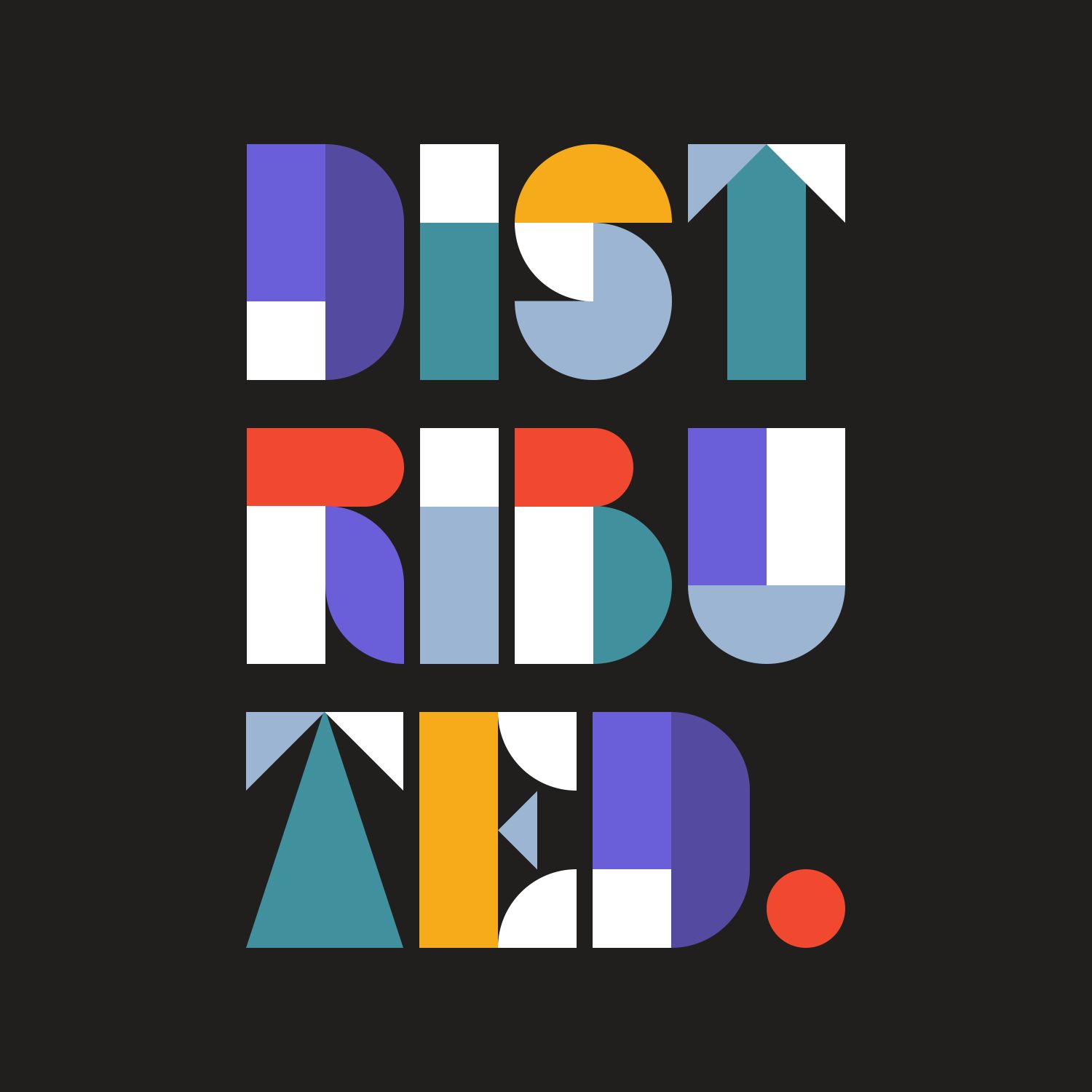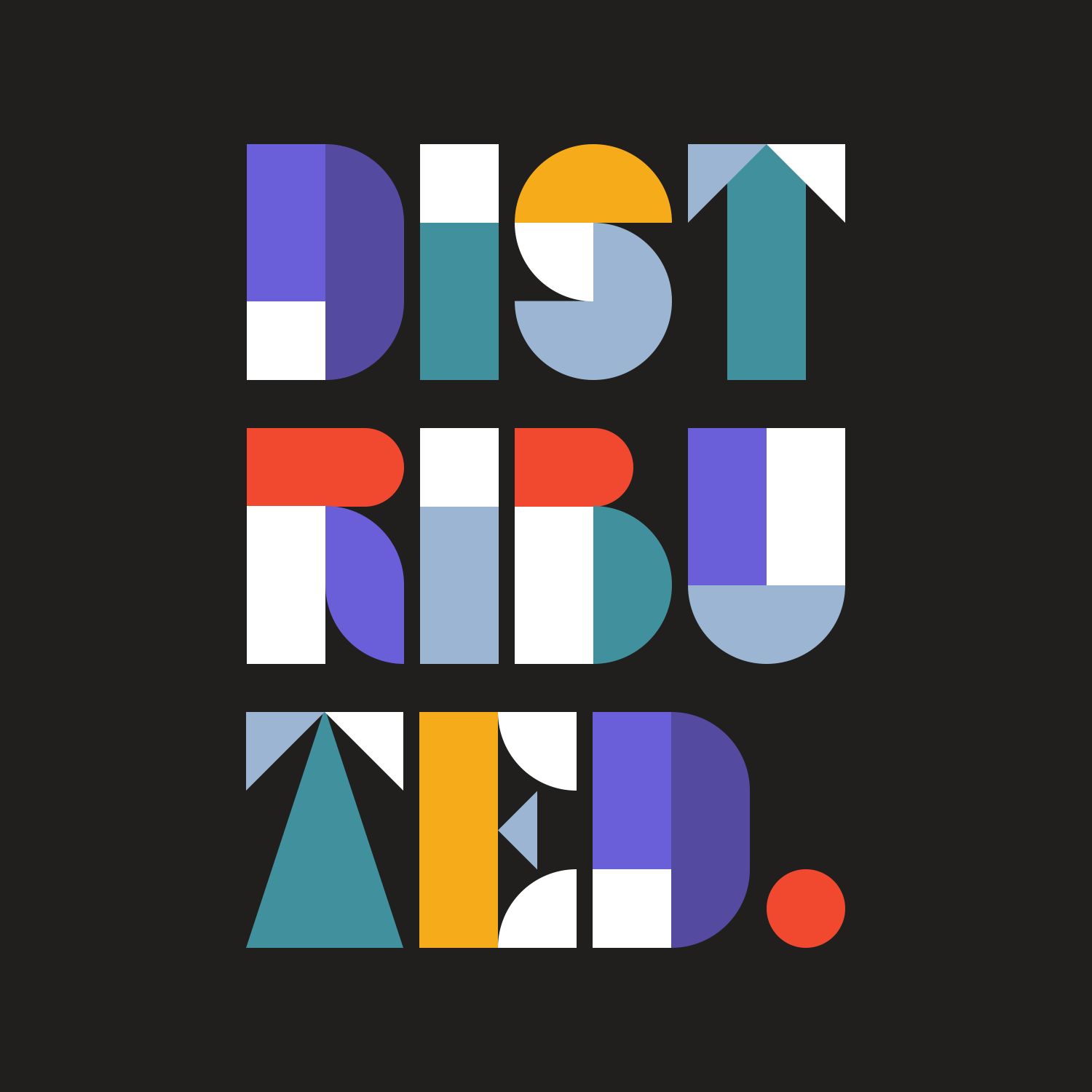Distributed.

Distributed.
Podcast Description
Remote work is here to stay. Whether you’re firmly in the return to office camp or die hard distributed, the cat’s out of the bag for the industry.
The Distributed podcast, from Tuple, deconstructs how world-class engineers and their teams navigate the challenges (and opportunities) remote work creates.
Host Jack Hannah uncovers stories of teams and individuals overcoming technical challenges, working through interpersonal dynamics, and battling their own distractions.
Through these conversations, we’ll unpack the practical side of how folks work together in this new normal, and dig into the social emotional piece so often overlooked in programming.
Podcast Insights
Content Themes
The podcast covers a range of topics centered around remote work dynamics, including effective communication, team collaboration, emotional intelligence, and balancing deep work with meetings. Specific episodes delve into practices like Agile software development, sufficient design methodologies, and techniques for maintaining mental health while working remotely.

Remote work is here to stay. Whether you’re firmly in the return to office camp or die hard distributed, the cat’s out of the bag for the industry.
The Distributed podcast, from Tuple, deconstructs how world-class engineers and their teams navigate the challenges (and opportunities) remote work creates.
Host Jack Hannah uncovers stories of teams and individuals overcoming technical challenges, working through interpersonal dynamics, and battling their own distractions.
Through these conversations, we’ll unpack the practical side of how folks work together in this new normal, and dig into the social emotional piece so often overlooked in programming.
What does craftsmanship look like in an async-first, remote company?
In this episode of Distributed, host Jack Hannah sits down with Steve Schoeffel, co-founder of Whimsical, to talk about async-first work, craftsmanship, and the tradeoffs of running a fully remote company. Steve shares how Whimsical creates momentum without constant meetings, why quality lives in the details, and how async-first work shapes both the product and the company culture.
Steve also reflects on the harder, more personal side of the work. He talks candidly about co-founder misalignment, the strain of leadership during periods of uncertainty, and what it’s been like to learn to hold work more loosely over time.
They also dig into the return-to-office push and why Steve remains convinced that remote work, done well, is worth fighting for.
—
Where to find Steve Schoeffel:
• LinkedIn: https://www.linkedin.com/in/steveschoeffel
—
Where to find Jack Hannah:
• LinkedIn: https://www.linkedin.com/in/jack-hannah/
• Website: https://tuple.app/
—
Timestamps:
(00:00) Intro
(01:02) An overview of Whimsical
(02:02) The size of Whimsical’s team and how it operates across time zones
(03:08) What the Whimsical Way is and how it shows up in practice
(04:58) Why Whimsical is async-first and what that looks like in practice
(10:49) How Whimsical maintains energy and connection in async work
(13:59) Craftsmanship as a core value at Whimsical
(18:21) How Whimsical pursues “insanely great” work
(24:14) What’s been hardest about running a remote company
(28:24) How Steve realized he and his co-founder were misaligned
(32:08) How Steve is learning to detach from work and care for himself
(36:32) Why Steve remains pro–remote work amid big tech’s return-to-office push
—
Referenced:
• Whimsical: https://whimsical.com
• The Whimsical Way: https://whimsical.com/whimsical-way
• Kaspars Dancis on LinkedIn: https://www.linkedin.com/in/kasparsd
• How async work inspires craftsmanship: https://whimsical.com/blog/how-async-work-inspires-craftsmanship
• Development cycles, process, and tooling: https://tuple.app/distributed/head-of-engineering-at-sublime-security-on-development-cycles-process-and-tooling-with-sumeet-jain
• Craftsmanship, the heart of Whimsical: https://whimsical.com/blog/craftsmanship-the-heart-of-whimsical
• Frank Slootman on LinkedIn: https://www.linkedin.com/in/frankslootman
• Shapeup: https://basecamp.com/shapeup

Disclaimer
This podcast’s information is provided for general reference and was obtained from publicly accessible sources. The Podcast Collaborative neither produces nor verifies the content, accuracy, or suitability of this podcast. Views and opinions belong solely to the podcast creators and guests.
For a complete disclaimer, please see our Full Disclaimer on the archive page. The Podcast Collaborative bears no responsibility for the podcast’s themes, language, or overall content. Listener discretion is advised. Read our Terms of Use and Privacy Policy for more details.